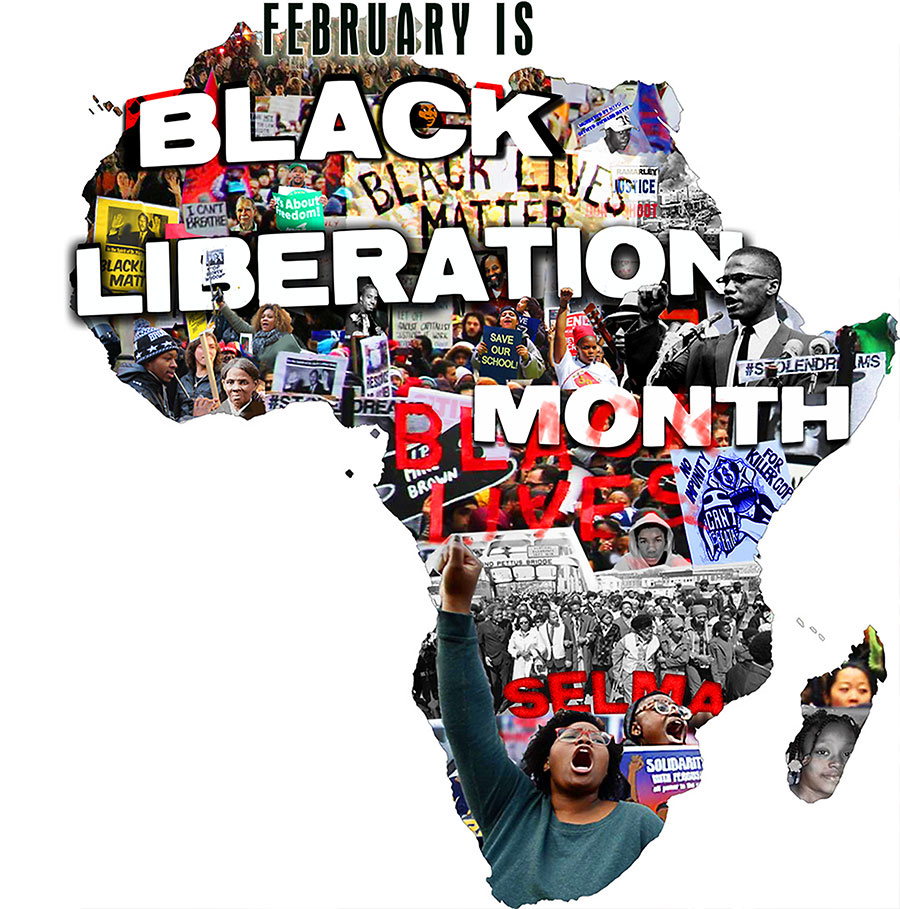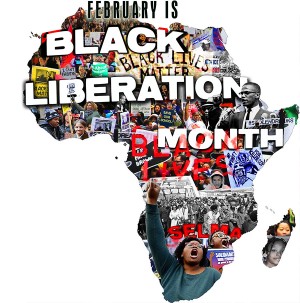



This six-part, historical fiction, television series recently concluded its premiere over the Canadian Broadcasting Corporation network. It airs over Black Entertainment Television beginning on Feb. 16.
“The Book of Negroes” is based on a novel of the same name by Lawrence Hill, an African-Canadian writer. It dramatizes the actual history of those captured into slavery on the West Coast of Africa, continuing through their journey to the Carolinas, New York, Nova Scotia in Canada and then to Sierra Leone.
The series examines the brutality of the 18th-century Atlantic slave trade and the nature of the system of human bondage and racism in what were then British colonies in North America. The principal character, Aminata Diallo, played by Aunjanue Ellis, is captured at the age of 11 in Guinea and shipped off to the Southern colonies in the 1750s.
During the course of the story, families are broken up, children are sold from their parents, and women are harshly exploited and assaulted — all while the knowledge and skills of the enslaved Africans are utilized to further enhance the profitability of the plantation economy.
Despite these horrors, the Africans continue to resist their enslavement through various forms of rebellion, from the slave ships to the plantations, where the rich landowners seek to dehumanize the Africans they designated as their property.
Different view of ‘American Revolution’
An often-hidden historical fact brought out is that more Africans fought alongside the British during the colonial war than with the future rulers of the United States. The British promised emancipation to those slaves who joined their ranks after 1776.
Some historians, such as Gerald Horne, maintain that the colonists wanted independence in order to preserve slavery. During this period, a debate was developing in England over the abolition of slavery there.
In his book entitled “The Counter-Revolution of 1776,” Horne emphasizes that “for European colonists, the major threat to security in North America was a foreign invasion combined with an insurrection of the enslaved. And as 1776 approached, London-imposed abolition throughout the colonies was a very real and threatening possibility — a possibility the founding fathers feared could bring the slave rebellions of Jamaica and Antigua to the 13 colonies. To forestall it, they went to war.”
Horne challenges the official narrative of the “War of Independence,” suggesting, rather: “The so-called Revolutionary War was in large part a counterrevolution, a conservative movement that the founding fathers fought in order to preserve their liberty to enslave others — and which today takes the form of a racialized conservatism and a persistent racism targeting the descendants of the enslaved. The Counter-Revolution of 1776 drives us to a radical new understanding of the traditional heroic creation myth of the United States.”
Hill’s novel rests on the actual “Book of Negroes,” a document containing the names of Africans who were slated for freedom once the British monarchy won the war. However, Britain lost the war and the monarchists later took thousands of former slaves with them to Nova Scotia, another British colony, where they suffered extremely cold weather, near famine conditions and vicious racism.
In an interview with a British newspaper, Hill recalled that he “used ‘The Book of Negroes’ as the title for my novel, in Canada, because it derives from a historical document of the same name kept by British naval officers at the tail end of the American Revolutionary War. It documents the 3,000 blacks who had served the King in the war and were fleeing Manhattan for Canada in 1783.” (Guardian, May 20, 2008)
He added, “Unless you were in ‘The Book of Negroes,’ you couldn’t escape to Canada. My character, an African woman named Aminata Diallo, whose story is based on this history, has to get into the book before she gets out.”
From Nova Scotia
back to Africa
After the war, these Africans were taken by the British army to Nova Scotia in Canada, where slavery still existed. The harsh conditions in Nova Scotia are illustrated in the series.
The conditions were not conducive to agriculture, and the weather was colder than most had ever experienced. The whites in the colony themselves struggled to survive and viewed the newly arrived Africans as competitors for jobs and other economic opportunities.
Louis Gossett Jr. plays an elderly minister who holds the African community together. He later accepts the British offer to repatriate thousands back to West Africa — to establish yet another colony for London.
When they arrive in Sierra Leone, the Atlantic slave trade is even more widespread than during the previous decades. They quickly realize that real safety and security cannot prevail in such an atmosphere.
The series ends with the main character intervening in the debate on the abolition of slavery in Britain, leading to the outlawing of the Atlantic slave trade in 1806. During her period of enslavement in the Carolinas and New York, she had acquired exceptional literary skills and worked as a medical practitioner, both on the plantation and the battlefield during the war between Britain and the colonists.
This dramatization of such an important period in world history will shed light on the social development of the U.S. and Canada, along with the role of racism and national oppression in shaping modern politics. As the miniseries is being aired over both Canadian and U.S. television, it will reach a broad audience, compelling millions to alter their perspective on the character of bourgeois democracy from the 18th century to the present. pan>
Hamas issued the following statement on April 24, 2025, published on Resistance News Network. The…
By D. Musa Springer This statement is from Hood Communist editor and organizer D. Musa…
Portland, Oregon On April 12 — following protests in Seattle and elsewhere in support of…
This statement was recently issued by over 30 groups. On Friday, March 28, Dr. Helyeh…
When Donald Trump announced massive tariffs on foreign imports April 2, Wall Street investors saw…
The century-long struggle to abolish the death penalty in the U.S. has been making significant…